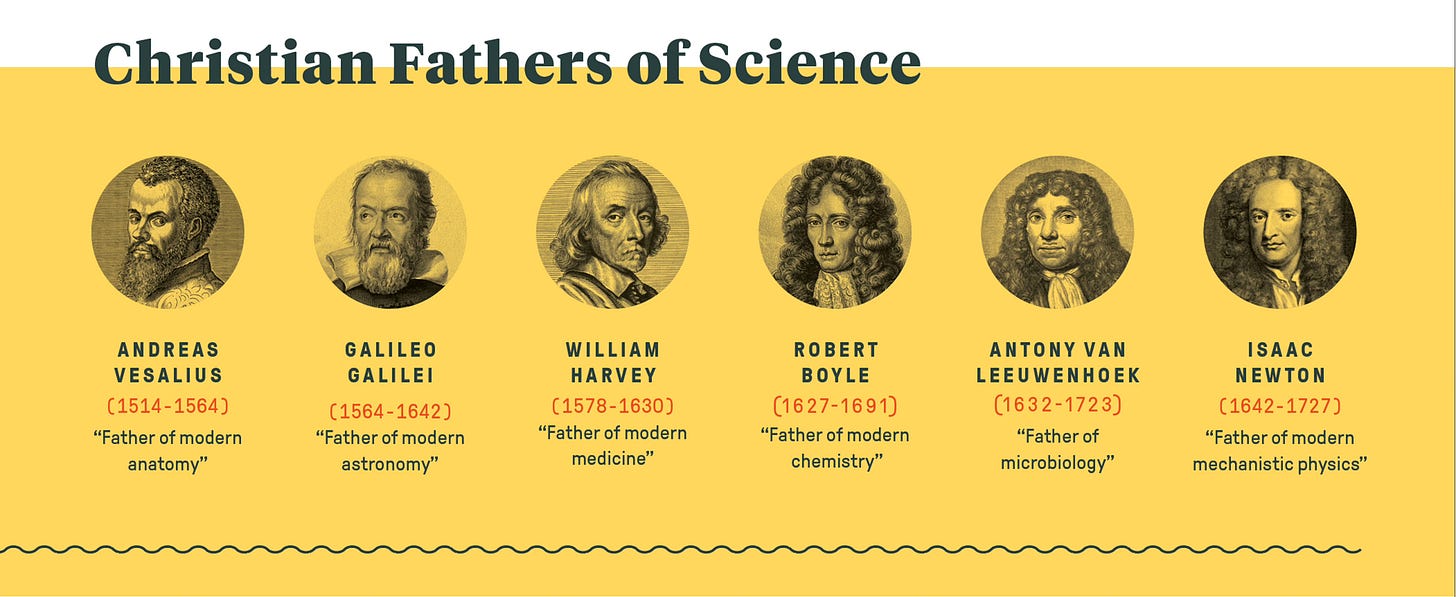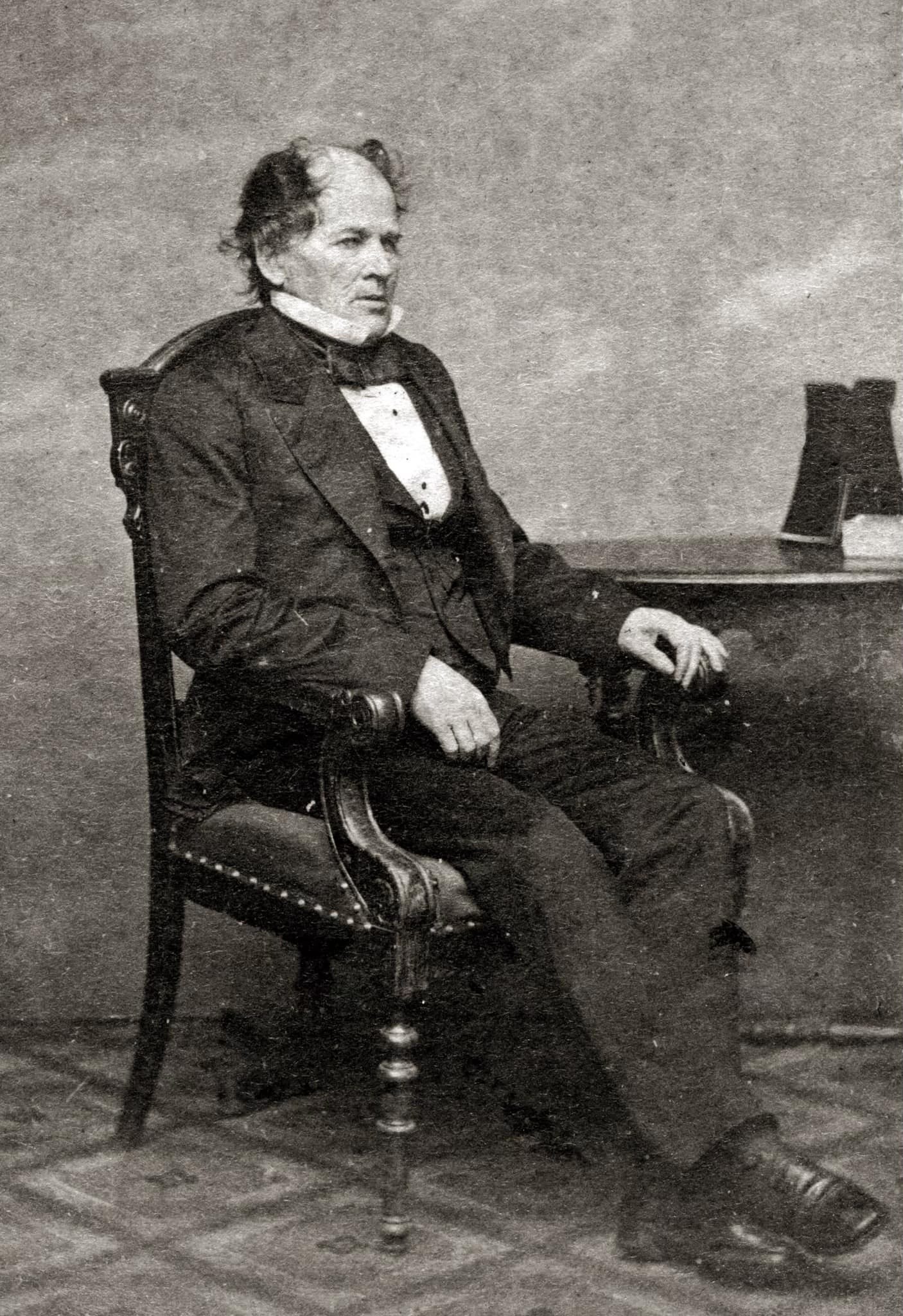The word inerrancy means ‘without error’ and is used to articulate one’s view of Scripture. To believe that the Bible is inerrant, at a basic level, is to believe that the Bible has no errors within it. However, strangely enough, there are those that assert different degrees of inerrancy. Some claim ‘limited inerrancy’ while others have hijacked the word ‘infallible’, both terms currently portray a Bible that is mostly correct but not in everything. (Decades ago, the term infallible had much stronger connotations than it does today. Unfortunately, today it stands in the middle ground theologically, attempting to excuse so-called errors in Scripture while still claiming the Bible is mostly true).
Those in the ‘Bible is not perfect’ camp, argue that the Bible is correct in issues of faith and salvation, but not reliable in history and science. I have heard this phrase multiple times, ‘the Bible is not a science book.’ Although some are not trying to demean Scripture by using this statement, more clarification is needed. Sure, the Bible does not lay out line by line what DNA is or provide data regarding various mathematical equations, but the Bible is the foundation for scientific knowledge.
This should not even be questioned. Look, for instance, at the history of the Scientific Revolution. The very men considered to be the ‘fathers’ of scientific fields were devoted Bible believers. Even Isaac Newton, famed and praised, wrote over one million words regarding Scripture and theology, far more than his scientific work. (Some assert Newton became a deist and Christ denier, but his comments about the Messiah, arguments from design, and quotations from Colossians about Christ’s deity stand against these assertions).
The Bible was called the ‘Queen of the Sciences’ in Europe’s first universities because Scripture was the foundation for all knowledge. The Scientific Revolution was built upon this concept, as the scientific ‘fathers’ believed in a Law Giver & an Orderly God, so they attempted to find Nature’s laws & order…this led to science as we know it today. God was viewed as intelligent and personable, so humans should be able to find intelligence, creativity, and rationality within the universe.
These early scientific discoveries were actually used to refute atheism. Robert Boyle, largely regarded today as the first modern chemist, was involved in apologetics against atheism, Islam, and Judaism.1 Lecturers used Newtonian physics to combat atheism, and, as mentioned above, Newton himself used arguments from design to explain the earth’s origin.
What about the Bible Itself? Here is a brief list of ‘scientific’ elements found within Scripture…
Genesis 7-8 speak of the ‘fountains of the deep’ and sound like underwater springs. This sounds somewhat odd, how can there be underwater fountains? However, in 1977, hydrothermal vents were discovered off the coast of South America, which confirmed what the Bible had written about at a time when there were no submarines or scuba gear.
Leviticus 13-15 gave Israel instructions on how to handle various diseases. Within these instructions, according to historical records, we find the first example of quarantining. In addition to the quarantine laws, it is proposed that the food laws in Leviticus and Deuteronomy depict a nation that knew about bacteria, even though they may not have known exactly what bacteria was. It is argued that this is why many Jewish communities were not impacted during the Black Death of the Middle Ages, due to continued observance of these laws.
The Book of Job contains many passages about stars, as God challenged Job’s human knowledge and authority. God asked Job if Job could loose Orion’s Belt, guide Arcturus and his sons, and keep Pleiades together. It is fascinating that modern science has discovered that…
the three stars that make up Orion’s Belt have been drifting slowly apart for centuries…
Arcturus (much larger and brighter than our sun) is a ‘rebel’ or ‘runaway’ star, moving much faster than most stars, its orbit is atypical and less predictable compared to other stars in the Milky Way. Also, Arcturus is the leader of the ‘Arcturus stream,’ a group of stars following behind but not bound together in the same gravitational pull.
Pleiades is made up of 250 or so suns that are moving in the same direction at the same speed.
How could the Book of Job record God’s challenges regarding the stars when it is not until more recent times that the very challenges have been confirmed through scientific research? (Orion’s Belt is truly ‘loosening,’ Arcturus is actually an unguided runaway star, and Pleiades is surprisingly kept together) It is as though God is saying, what humans cannot control, or rather, do not even know, I created and control. Astronomer Charles Burckhalter once said, how could the author of Job know so much about the stars before modern tools and inventions? Because the God that created those stars told him.
Ecclesiastes (1:6-7) and Job (36:27–28) speak of rainfall and the cycle of water, and science through Galileo’s research show these passages to be correct.
To conclude, let us make note of Matthew Fontaine Maury (1806–1873). He was an American naval officer, geographer, and pioneering oceanographer, often called the Father of Modern Oceanography and Naval Meteorology. Admiral Maury stated,
“You ask about the ‘harmony of science and revelation,’ and wish to know if I find distinct traces in the Old Testament of scientific knowledge, and in the Bible any knowledge of the winds and ocean currents. Yes, knowledge the most correct and reliable.” (The Life of Matthew Fontaine Maury by Diana Fontaine Corbin)
And, “I have been blamed by men of science, both in this country and in England, for quoting the Bible in confirmation of the doctrines of physical geography. The Bible, they say, was not written for scientific purposes, and is therefore of no authority in matters of science. I beg pardon! The Bible is authority for everything it touches.”
He lived out this belief, as he was the first to discover a very important element about the ocean. According to family testimonies and personal letters, Admiral Maury was reading Psalm 8 and began to wonder, ‘what are the paths of the seas?’ (Ps. 8:8). This led him to investigation and research, and eventually to the discovery of ocean currents. Ocean currents! How did Admiral Maury begin his journey to discovering such important information? Through reading Scripture.
The history of science is rooted in Biblical truths, therefore, do not be intimated by those claiming the Bible is not scientific. To further cite Admiral Maury,
…when your men of science, with vain and hasty conceit, announce the discovery of disagreement between them (science and Scripture)… the fault is not with the witness of His records, but with the worm who essays to interpret evidence which he does not understand.
Inerrancy can be believed and defended, not with blind faith, but from looking at the world and universe we are a part of. And to those who espouse limited inerrancy, I humbly ask, why not try absolute inerrancy? It is not necessary, nor correct, to argue that the Bible’s inerrancy is limited to issues of faith. It has been shown in past articles that the Bible’s history is accurate and reliable, and I have attempted to provide a few examples of scientific accuracy here. This all points to Scripture as completely inerrant, which is something to ponder, because if the Bible is unreliable in history and science, how can we be sure that there are no errors regarding salvation, morals, and God Himself? Inerrancy is a major battle in every generation, let us stand firm and not sway towards assisting those who seek to diminish the Word.
Recommendations
J. Warner Wallace: although an Old-Earth advocate, he has some great lessons on Christianity’s impact on science
Two important blogs worth your time,
Robert Boyle also believed that Adam was the first human. His Biblical beliefs propelled him to give financially to missions and the translation of the Bible into multiple languages.








